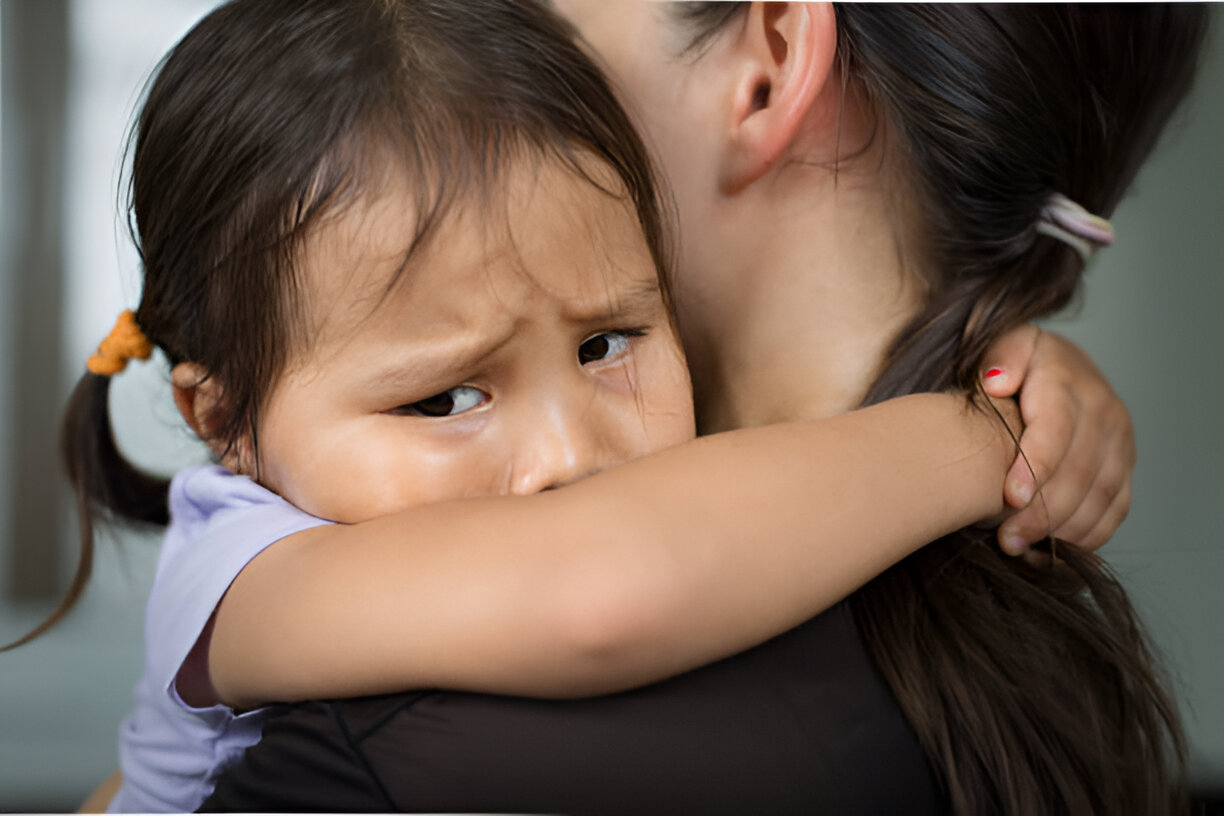The Hidden Weight of Failure: Impact on Mental Health
- Home
- Resources

Failure is a universal experience, one that we all face at various points in our lives. While it’s a natural part of the human journey, the emotional toll it can take should not be underestimated. The impact of failure on mental health is significant, influencing our thoughts, feelings, and behaviors in profound ways. In this blog, we’ll explore the often-hidden consequences of failure on mental well-being.
1. Self-esteem and Self-Worth: Failure can deal a heavy blow to one’s self-esteem. It’s common for individuals to question their self-worth when they experience a setback. Feelings of inadequacy and self-doubt can take root, leading to negative thoughts about one’s capabilities.
2. Stress and Anxiety: Failing can trigger stress and anxiety, especially when the stakes are high. The fear of failure or the anticipation of future failures can lead to chronic worry and heightened anxiety levels.
3. Depression and Low Mood: Repeated failures or a particularly significant one can lead to depression or persistent low mood. The loss of hope and feelings of despair can be overwhelming.
4. Isolation and Loneliness: Failure can make individuals feel isolated, as they may withdraw from social activities and relationships due to shame or embarrassment.
5. Negative Thought Patterns: Failing can fuel negative thought patterns, such as catastrophic thinking, black-and-white thinking, or overgeneralization. These cognitive distortions can intensify negative emotions.
6. Impact on Goal Setting: Individuals who’ve experienced failure may become hesitant to set new goals. They may fear failing again and, as a result, avoid taking on challenges or pursuing their ambitions.
7. Physical Health Consequences: The emotional distress resulting from failure can have physical health consequences, such as poor sleep, weakened immune system, and increased vulnerability to stress-related ailments.
8. Impact on Relationships: Failure can strain relationships, as individuals may become more irritable, distant, or less communicative with loved ones. They may also perceive less support from their social network.
9. Impaired Decision-Making: The fear of failure can lead to a reluctance to make decisions. This indecisiveness can further erode one’s sense of control and self-efficacy.
10. Reduced Resilience:– Repeated failure can diminish an individual’s resilience, making them more vulnerable to future setbacks and less able to adapt to change.
It’s essential to remember that failure is a part of life, and it doesn’t define your worth or potential. Failure can indeed have a significant impact on mental health, but with the right support and mindset, it is possible to bounce back, learn, and grow stronger from the experience. Remember that you are not defined by your failures, but by your resilience in the face of them.
GET IN TOUCH WITH US
If you suspect your child is struggling with facing failure and need someone to talk to or you need guidance as a parent, do not hesitate to contact us.
 Failure is a universal experience, one that we all face at various points in our lives. While it’s a natural part of the human journey, the emotional toll it can take should not be underestimated. The impact of failure on mental health is significant, influencing our thoughts, feelings, and behaviors in profound ways. In this blog, we’ll explore the often-hidden consequences of failure on mental well-being.
Failure is a universal experience, one that we all face at various points in our lives. While it’s a natural part of the human journey, the emotional toll it can take should not be underestimated. The impact of failure on mental health is significant, influencing our thoughts, feelings, and behaviors in profound ways. In this blog, we’ll explore the often-hidden consequences of failure on mental well-being.
1. Self-esteem and Self-Worth: Failure can deal a heavy blow to one’s self-esteem. It’s common for individuals to question their self-worth when they experience a setback. Feelings of inadequacy and self-doubt can take root, leading to negative thoughts about one’s capabilities.
2. Stress and Anxiety: Failing can trigger stress and anxiety, especially when the stakes are high. The fear of failure or the anticipation of future failures can lead to chronic worry and heightened anxiety levels.
3. Depression and Low Mood: Repeated failures or a particularly significant one can lead to depression or persistent low mood. The loss of hope and feelings of despair can be overwhelming.
4. Isolation and Loneliness: Failure can make individuals feel isolated, as they may withdraw from social activities and relationships due to shame or embarrassment.
5. Negative Thought Patterns: Failing can fuel negative thought patterns, such as catastrophic thinking, black-and-white thinking, or overgeneralization. These cognitive distortions can intensify negative emotions.
6. Impact on Goal Setting: Individuals who’ve experienced failure may become hesitant to set new goals. They may fear failing again and, as a result, avoid taking on challenges or pursuing their ambitions.
7. Physical Health Consequences: The emotional distress resulting from failure can have physical health consequences, such as poor sleep, weakened immune system, and increased vulnerability to stress-related ailments.
8. Impact on Relationships: Failure can strain relationships, as individuals may become more irritable, distant, or less communicative with loved ones. They may also perceive less support from their social network.
9. Impaired Decision-Making: The fear of failure can lead to a reluctance to make decisions. This indecisiveness can further erode one’s sense of control and self-efficacy.
10. Reduced Resilience:– Repeated failure can diminish an individual’s resilience, making them more vulnerable to future setbacks and less able to adapt to change.
It’s essential to remember that failure is a part of life, and it doesn’t define your worth or potential. Failure can indeed have a significant impact on mental health, but with the right support and mindset, it is possible to bounce back, learn, and grow stronger from the experience. Remember that you are not defined by your failures, but by your resilience in the face of them.
GET IN TOUCH WITH US
If you suspect your child is struggling with facing failure and need someone to talk to or you need guidance as a parent, do not hesitate to contact us.





